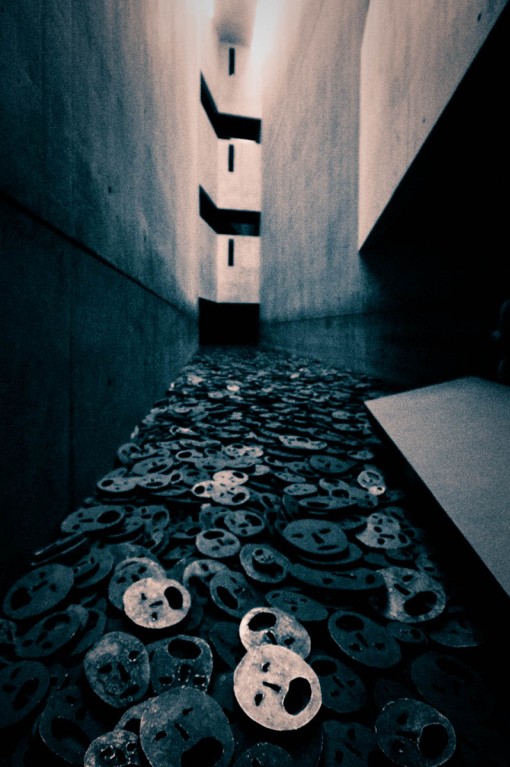ABSTRACT
Throughout the thesis I propose that the life drive and the death drive, each divided within itself, constitute the two sides of a single projection-introjection mechanism. For the emergence of a new truth from within this projection-introjection mechanism in which the contemporary subject finds itself caught, a critical apparatus taking its driving force from death within life is required. The affirmative recreation of the concepts of the life drive and the death drive aims at turning these concepts from forms of knowledge to modes of being and thinking. As modes of being and thinking life/death drives emerge as the two components of a dynamic and mobile critical apparatus born of and giving birth to a fragile contact between immanence and transcendence, as well as between affirmation and negation. This critical apparatus is dynamic and mobile; it is capable of changing its shape according to the requirements of the situation presented by the cultural product. It exposes the operation of the life drive and the death drive within the cultural product and then shows how the life drive and the death drive are produced, exploited, and/or oppressed as the two sides of a disjunctive synthesis. I invert and put this disjunctive synthesis into the spotlight as the cause and the effect of a contact which splits life/death drives, or affirmative recreation and deconstruction, as it unites them in the way of a practical theory of cont(r)action for a theoretical practice.
The thesis proposes that the life drive and the death drive are rooted in transcendence, whereas immanent critique requires conscious desiring to produce new modes of being and thinking as yet not conceivable from within the dominant model of projection-introjection mechanism based on identification.
Acknowledgements
I glorify the following names with praise for teaching, helping, and guiding me in a perilous time: Jon Cook, Denise Riley, Kate Campbell, Howard Caygill, Anthony Gash, Andreas Dorschell, Patricia Duncker, Sean Matthews, Sarah Churchwell, Aileen Davies, Colleen Clayton.
I would also like to thank for different reasons, Claire’s heart, Braindance, Mustukillah Sound Squad, Dread Entertainment Agency, Genetica, The Wall of Sound, CzechTek, Alaturka Breaks, and all Soma Recordings personnel.
That said, though, an essential party would have been left unthanked and unpraised, unless The University of East Anglia’s International Office was glorified too, for funding this project.
On the whole in the absence of all these people, institutions, festivities, organs, collective bodies, and establishments, I would have never been able to finish this work. At times of despair their presence gave me the strength to go on; even when there was nowhere to go on. They acted out for me, in and through their presence, how one becomes what one is. For me this signified nothing but the necessity of patience. It was only through patient labour that, to put it in a phrase Zizek used for Badiou, “one could shake the foundations of one’s own mode of being.”
Biography
Cengiz Erdem was born in Cyprus in 1978. He studied English Literature at Ankara University and took his M.A. in Culture and Communication from The University of East Anglia in 2002. He received his Ph.D. in Cultural and Critical Theory from the same institution in May 2009 with The Life Death Drives.
Cengiz Erdem, The Life Death Drives, London, May 2009.
Publisher: Lulu.com
ISBN: 978-1-4092-9886-1
Copyright: © 2009 Cengiz Erdem


